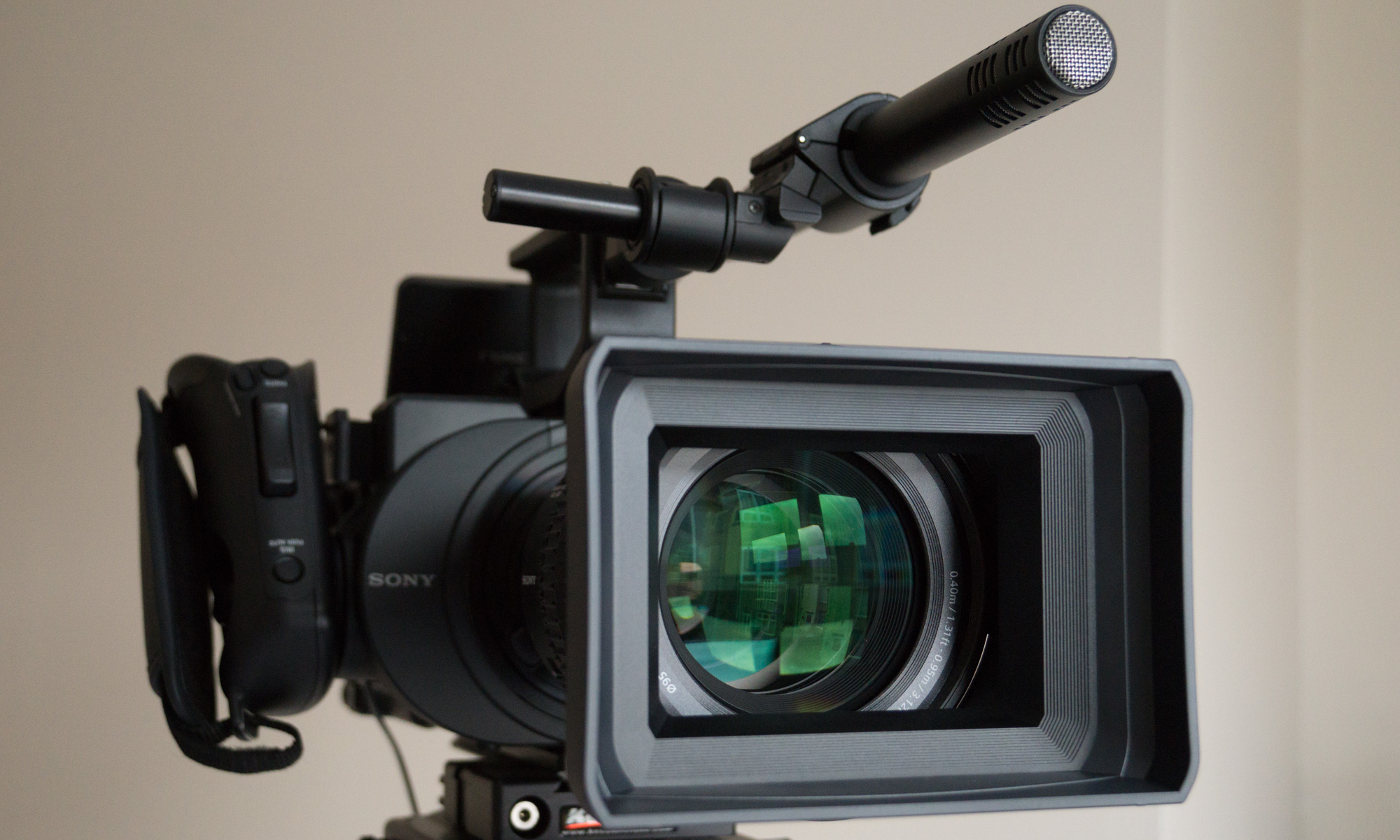SoundBetter Interview
Analog or digital and why?
I started with analog, so I know its flaws, but also just how amazing it can be. I also went through early digital, so I know the flaws that existed there too.
In more recent times though, most digital is so good you can’t go wrong. So if I have to pick one or the other, it would be digital at this point.
Also, in terms of music production, instant full recall of sessions, huge dynamic range and lossless duplication are massive benefits of digital.
What’s your ‘promise’ to your clients?
I always go above and beyond. I’m not working to a clock, I want this to be a success as much as you do and I want you to be delighted with the results. I genuinely care that you’re happy with the process and the final product.
What do you like most about your job?
I love the fact that what I do (recorded or live sound) can transform into life long memories for the listener (and the artist/producer for that matter). Music is a very fundamental part of most people’s lives and is so important to our recollections of specific times in our past and present. It can really transport you to a long lost feeling and/or moment in time in an instant. I love that about music. I also love music in general, so what’s not to like!
What’s the biggest misconception about what you do?
When I’m doing live sound, more than once people trying to understand what I do have come back with; “So, you’re like, the DJ?”
If you were on a desert island and could take just 5 pieces of gear, what would they be?
Solar powered fridge, pan, spark lighter, sleeping bag, tent – if stranded there! 😀
What was your career path? How long have you been doing this?
I’ve been recording one way or another since childhood. Started with a portable mono tape recorder trying to record Top of the Pops off the TV speaker, then added a cheap mic which improved the situation a little.
I’ve been in bands since my late teens and recording multitrack starting with just 4 tracks, then 8, then 16 and now… Used tape and analogue equipment for years, first recording multitrack digitally in 2001 with Cool Edit Pro (now Adobe Audition) as the DAW (pretty traumatic with the computing power of the time).
I’ve also done sound professionally for video, television, presentations and spoken word, and I’ve been mixing live sound for bands since 1988, culminating in much larger shows (theatres, festivals, etc) from 2018.
The first big concert I did was orchestral to a capacity audience at the Royal Concert Hall in Nottingham. The biggest live concert I’ve worked on had me mixing monitors from stage with a full orchestra directly in front of over 12,000 people.
So all in all, I’ve been doing this one way or another for over 35 years at the point of writing.
Can you share one music production tip?
Less is more. I do the least amount of processing possible to get the sound I’m after. Preferably fix it at source, not in post-production. Well recorded material should sound superb after just finding a static balance.
What type of music do you usually work on?
I typically work on a broad mix of classical, rock/pop and singer/songwriter type music with real instruments played by musicians.
What’s your strongest skill?
A good ear for balance and finding an appropriate place in the mix for each instrument.
What’s your typical work process?
For mixing I typically spend quality time balancing levels and getting a decent mix before starting with any plugins or processing. From there I’ll figure out what needs to be high-passed and perhaps some initial basic EQ. Check levels again, then start going after the details, automation and compression as needed.
Tell us about your studio setup.
Fully in the box these days. Digital done right can sound amazing, and having full and pretty much instant recall of sessions is obviously very beneficial.
What other musicians or music production professionals inspire you?
I’m a drummer, so Jeff Porcaro, Terry Bozzio, Steve Gadd and there are loads of others. Also anyone who is a master musician of any instrument – I love watching great players do their thing.
On the producer side; George Martin, Nile Rodgers, Steve Albini, Neil Dorfsman, Hugh Padgham, Glyn Johns, Warren Huart, Chris Lord-Alge to name but a few. Special mention to Daft Punk for Random Access Memories – that’s such a superbly recorded album.
Also ABBA, well ahead of their time. I had to look this up the name of this producer, but Paul Samwell-Smith for the Cat Steven’s LP Tea for the Tillerman – one of the best sounding records of all time (in original form on vinyl at any rate).
Describe the most common type of work you do for your clients.
It varies depending on the moment. Other than mixing recordings, I’ve also done a fair bit of live sound and live television outside broadcast work, so audiences vary from a few hundred, to thousands and sometimes millions.
Jamie Rhodes-Simpson
11 January 2024
Recording, mixing, mastering and live sound

